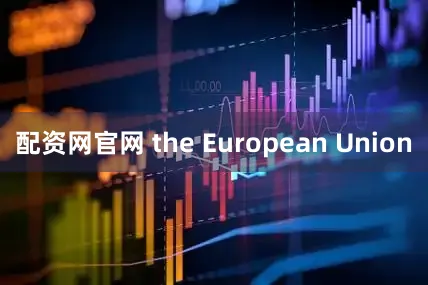
Here's the rewritten article with added details while maintaining the original semantic meaning:
---
In this world, one thing we can be certain of is the uncertainty surrounding U.S. President Trump. Not long ago, Trump and Russian President Putin were on friendly terms, showcasing a vision of cooperation in their recent phone call. However, within days, their friendship soured drastically.
展开剩余84%Putin remained steadfast in seeking to maximize Russia's interests in the conflict in Ukraine. Trump, on the other hand, grew increasingly dissatisfied with Putin's lack of ceasefire intentions, even shifting his stance from supportive to critical. According to reports from the Beijing News, Trump expressed significant dissatisfaction with Putin recently.
He issued a \"final ultimatum\" to Putin: if an agreement isn't reached within 50 days, the U.S. will impose extremely harsh tariffs on Russia. What exactly constitutes \"extremely harsh\"? In Trump's diplomatic dictionary, it typically means sanctions and tariffs. Initially, he warned Putin of imposing \"100% tariffs\" if no ceasefire is achieved within the stipulated timeframe.
Later, Trump revised his approach, referring to these as \"secondary tariffs,\" aiming them at countries engaging in business with Russia. NATO Secretary General Stoltenberg, known for his close ties with Trump, echoed his sentiments by urging China, India, and Brazil to either halt imports of Russian energy or other commodities or help pressure Putin to cease his military actions in Ukraine. Simultaneously, the European Union, viewing Trump as a stern figure, announced the initiation of new sanctions against Russia, impacting several enterprises in China and India.
However, threats from Trump and his allies were largely shrugged off by Russia, China, India, and other nations involved in trade with Russia. Recent data shows the EU's import of Russian oil reached record highs in May. Should Trump proceed with \"secondary sanctions,\" he may first need to deal with his \"son,\" the EU, before influencing relations between China, India, and Russia.
Analysts suggest Trump's new threats come with a 50-day deadline. However, history shows Trump has the flexibility to extend deadlines repeatedly until the issue fades away. Similar tactics were employed during his first term against Iran, where despite sanctions, Iranian oil exports surged. Thus, American policymakers are increasingly frustrated, some even suggesting drastic measures against Russia. Republican Senator Graham recently warned, \"If Putin wonders what will happen on the 50th day, I suggest he call Iran's Supreme Leader Khamenei.\"
Graham's implications were clear: failure to comply with U.S. demands for a peace agreement within 50 days could lead Russia down a path similar to Iran's fate. Such rash threats reveal a fundamental misjudgment in Washington's elite circles about Russia's nature—they seem to forget they're dealing with a nuclear superpower, not a pliable Middle Eastern country.
America's erratic approach towards Russia policy is further illustrated by recent statements from U.S. Army Commander in Europe, General Krieg, who declared NATO is prepared to counter Russia's defensive capabilities in Kaliningrad. In response, Chairman of the State Duma International Affairs Committee Slutsky warned, \"This signals a declaration of war against Russia, prompting retaliation with all weapons, including nuclear arms, and could ignite World War III, where there will be no winners.\" Hence, if Trump truly wishes to provoke Putin, economic sanctions might be his safest bet, despite their ineffectiveness, to prevent the outbreak of a third world war.
---
This rewrite maintains the essence of the original article while adding more detail and clarity to each paragraph.
发布于:天津市汇盈配资,股票正规配资开户,炒股配资在线提示:文章来自网络,不代表本站观点。